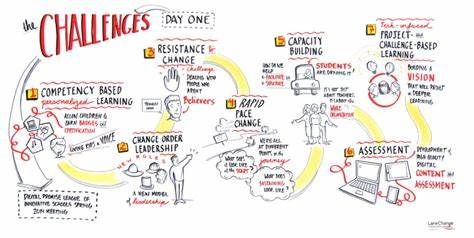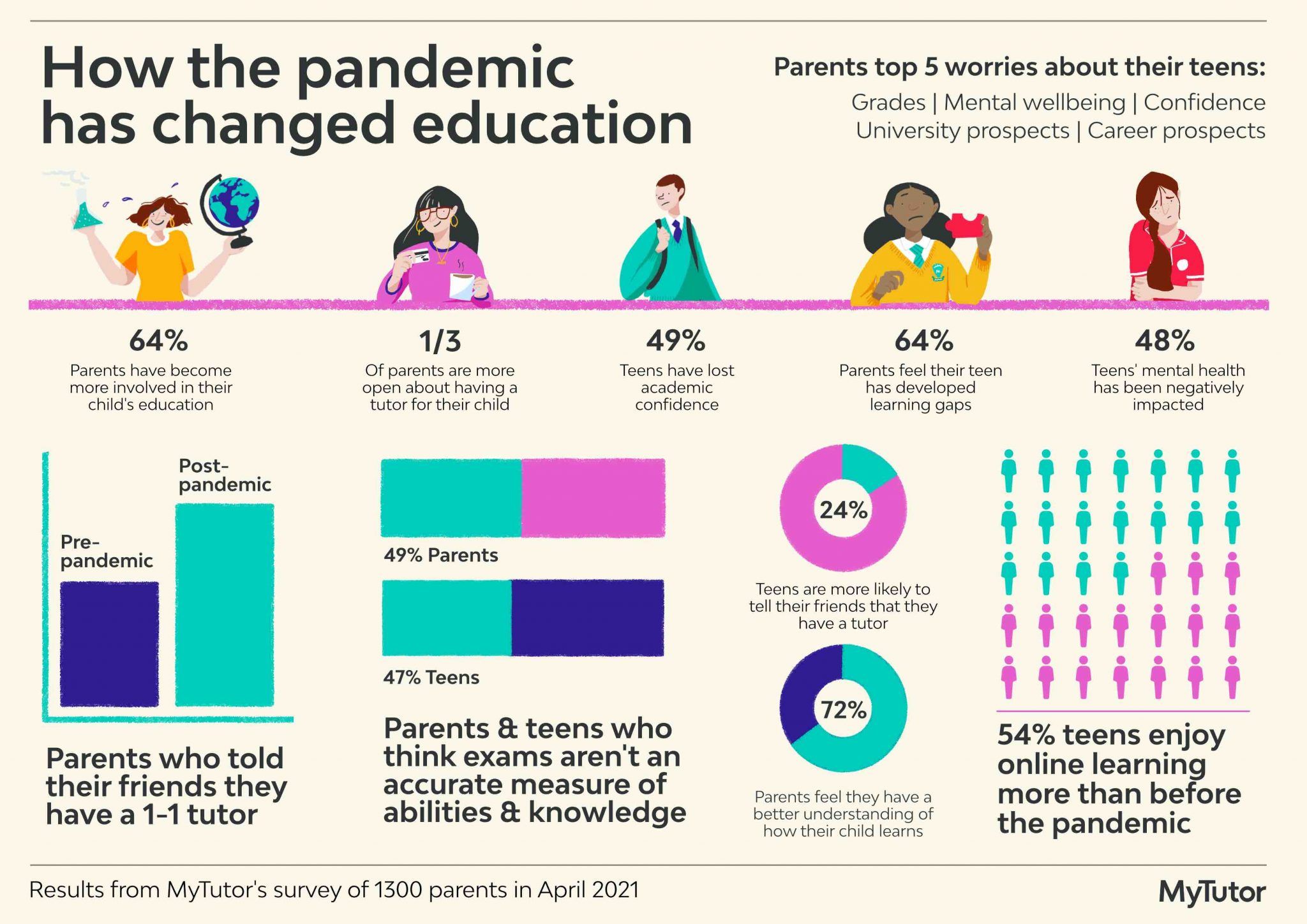@Bilim
Educational change is a multifaceted and ongoing process that presents numerous challenges worldwide. Here are some of the key challenges faced:
-
Resistance to Change: One of the most significant challenges is the resistance to change, whether it comes from teachers, administrators, parents, or even students. Change can disrupt established routines and comfort zones, leading to reluctance or pushback.
-
Lack of Resources: Many educational systems, particularly in developing countries, struggle with insufficient resources such as funding, infrastructure, and qualified personnel. This scarcity hampers efforts to implement effective changes.
-
Inequity and Accessibility: Disparities in access to quality education persist globally. Rural areas, marginalized communities, and underserved populations often face barriers such as inadequate infrastructure, lack of transportation, and socioeconomic challenges.
-
Technology Integration: While technology has the potential to enhance learning experiences, integrating it effectively into education systems poses challenges. Issues such as access to devices and the internet, digital literacy among educators and students, and the digital divide need to be addressed.
-
Teacher Training and Professional Development: Teachers play a crucial role in driving educational change, but many lack the necessary training and support to adapt to new methodologies, technologies, and curriculum changes. Continuous professional development is essential but often overlooked or underfunded.
-
Assessment and Accountability: Traditional assessment methods may not adequately measure 21st-century skills such as critical thinking, creativity, and collaboration. Implementing meaningful assessment practices while ensuring accountability without stifling innovation remains a challenge.
-
Curriculum Relevance: The curriculum should evolve to meet the changing needs of society and the workforce. However, curriculum development and revision processes can be slow and bureaucratic, hindering the integration of contemporary knowledge and skills.
-
Cultural and Political Factors: Educational change is influenced by cultural norms, political agendas, and societal values, which can vary widely across regions and countries. Negotiating these factors while striving for progress can be complex and challenging.
9.Globalization and Localization: Balancing the global trends in education with local needs and contexts is another challenge. While there's value in adopting best practices from around the world, they must be adapted to suit the unique cultural, linguistic, and socioeconomic conditions of each community.
Addressing these challenges requires a collaborative approach involving stakeholders at all levels, including policymakers, educators, parents, students, and community members. Flexibility, innovation, and a willingness to learn from both successes and failures are essential for driving meaningful educational change worldwide.


_1715347744697.jpg)

